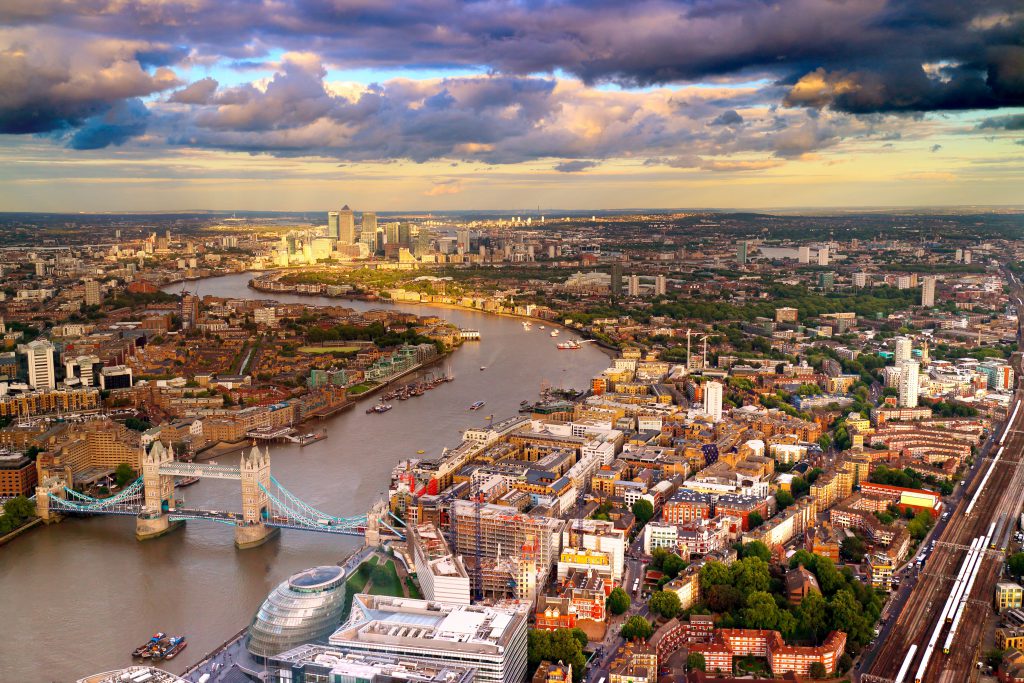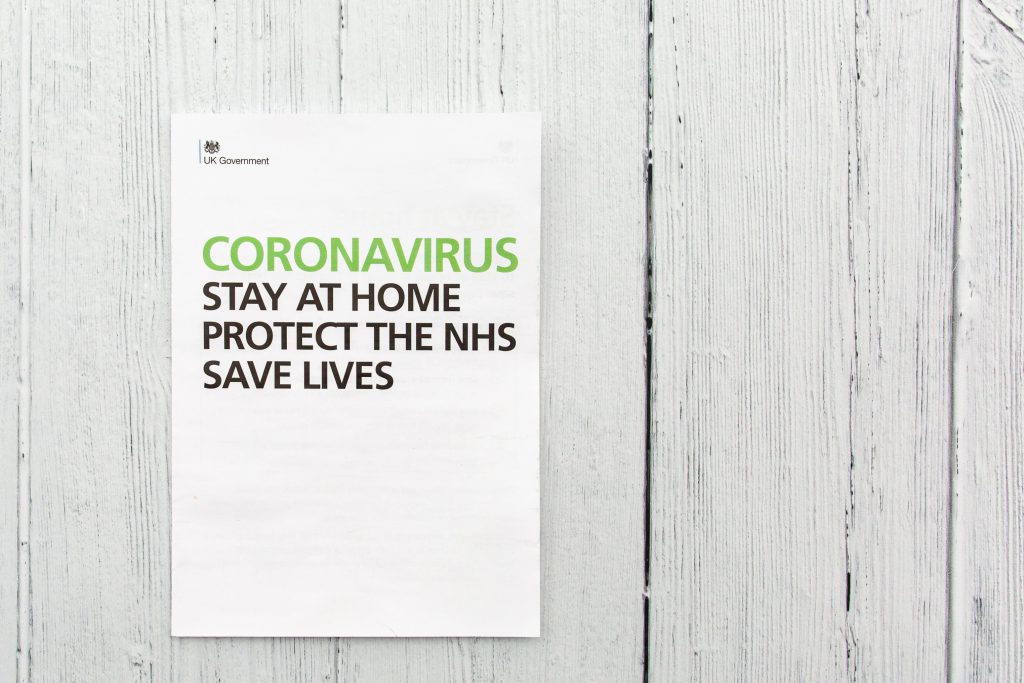Landlord Checklist
In recent years, there has been an avalanche of legislation in the rental sector, so we thought it might be useful to give you a quick checklist of the main requirements for a landlord. The length of the list and the complexity of many of the areas makes it very clear why it is so much better to rent out your property via an agent, as they can guide you through the process.
Paperwork: These are some things you need to sort out before you can even think about renting out a property.
- Landlord licences and HMOs – some local authorities require landlords to be licenced, some do not. Others only require licences for certain roads and these can change without notice. If your property is an HMO (house of multiple occupation) it needs an HMO licence. The rules defining an HMO changed in October 2018, so make sure you are up to date.
- Consent – you will need to obtain permission from your mortgage provider and leaseholders will need permission from their freeholders before they can rent out a property.
- EPCs – Energy Performance Certificates must be available during viewings or, at the latest, before a tenancy agreement is signed. As from April 2018, a rental property must attain at least an E rating.
Condition and safety: these are the main areas of concern.
- Gas Safety Certificate – properties with gas appliances must have a valid Gas Safety Certificate which is renewable on an annual basis.
- Smoke and carbon monoxide alarms – there should be at least one smoke alarm on every occupied floor and carbon monoxide alarms in all rooms with solid fuel burners.
- Fire Safety – a rental property must be safe and comply with building regulations. Most soft furnishings should also have the appropriate fire ratings. Most furniture bought in the UK after 1989 should be compliant and will be labelled accordingly.
- Electrical safety – this is not an area that requires a certificate, but all electrical equipment should be safe to use. That means regularly checking things like cables are not bared or frayed, correct plugs and fuses are fitted, appliances are in good working order and it is recommended that electrical heaters are serviced annually. HMOs electrics must be inspected every 5 years.
- Condition/repairs/maintenance – landlords are required to keep their properties in good overall condition – ie roofs do not leak, bathrooms are mould free and gutters are kept clear, although they are not responsible for damage caused by current tenants.
- Legionnaires – it is a little known piece of legislation but landlords are required to do a risk assessment for legionnaires.
Tenants: before a tenant can move in, these are your obligations.
- Right to rent – landlords have a legal obligation to ensure the tenant has the right to reside in the UK for the duration of their tenancy. ID’s and passports must be checked and a note made of the expiration dates of any visas. There are severe penalties for those who fail to do so.
- Tenancy Deposit scheme (TDS) – tenants’ deposits must be protected by a government approved scheme.
12) How to Rent Guide – and, lastly, tenants should be provided with a copy of the ‘How to Rent Guide.’
* This list is for guidance purposes only. Many of these areas are subject to complex legislation and further reading is required to ensure you are fully compliant.
Franklyn James offers in-house property management across both offices and surrounding areas. For more information please call our property management Canary Wharf team on 020 3668 6712









